News
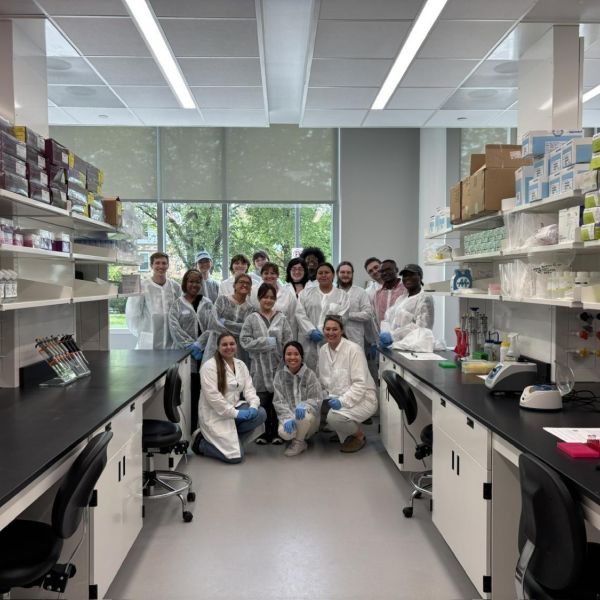
Jul 01, 2025
ARISE program provides hands-on training to aspiring anthropologists
A talented group of aspiring anthropologists recently traveled to Penn State to take part in the Department of Anthropology’s annual ARISE program.
Full Article
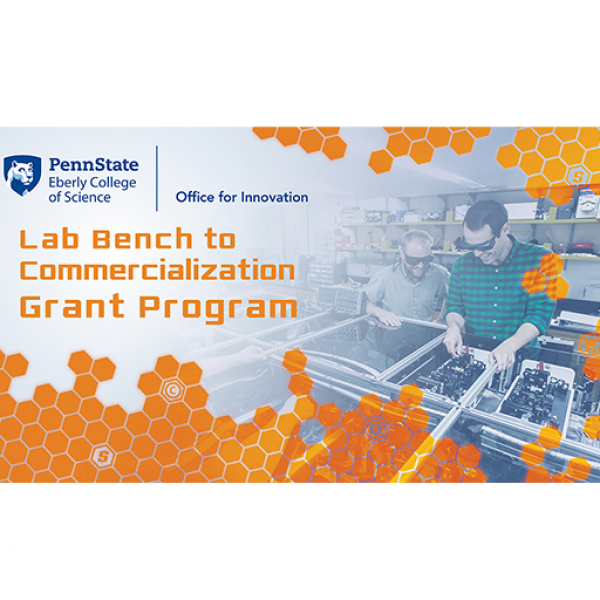
Jul 01, 2025
Lab Bench to Commercialization program broadens its scope
Eberly College of Science seed grant program to shift emphasis to earlier development of research, focusing on societal impact and career readiness.
Full Article
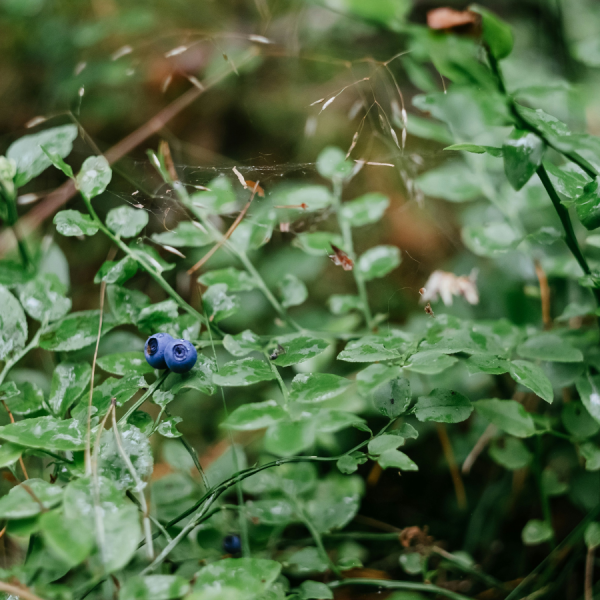
Jun 25, 2025
Warmer spots within fields have more blooms and more bees
Climate can vary across large areas of land, but it also can vary within much smaller areas such as farms. A new study by researchers at Penn State examined whether these microclimates — the climate of a very small or restricted area — affect pollination by both wild and managed bees and resulting wild blueberry yields.
Full Article
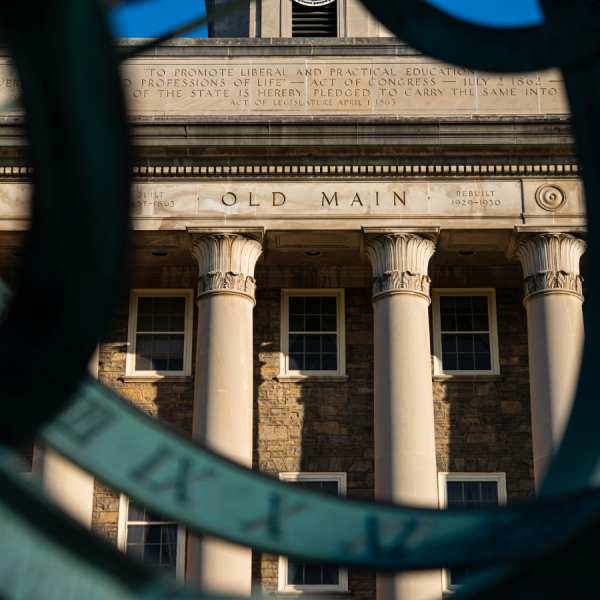
Jun 25, 2025
Nutritional sciences faculty receive national recognition for research
Three Penn State Department of Nutritional Sciences faculty members were recently recognized for their research contributions to the field with prestigious awards by the American Society for Nutrition (ASN).
Full Article

Jun 30, 2025
Huck announces 2025-26 Leadership Fellows
Three faculty members, representing three different Penn State colleges, have been named Huck Leadership Fellows for the 2025-26 academic year.
Full Article
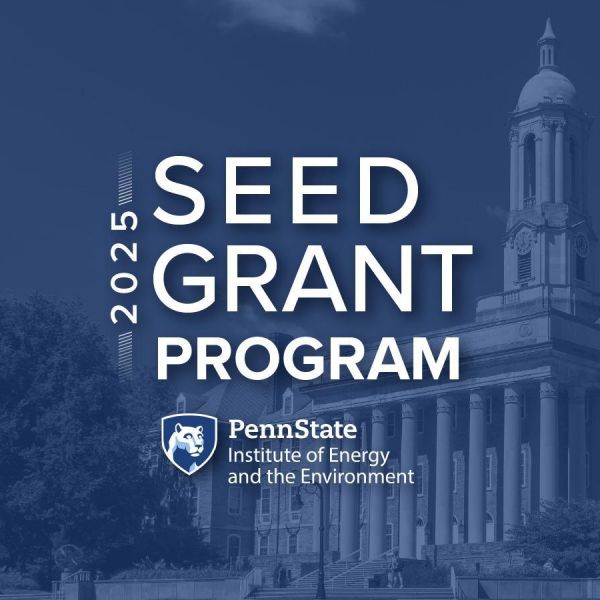
Jun 24, 2025
Ten interdisciplinary research teams awarded IEE seed grants
Ten interdisciplinary research teams have received funding through the Institute of Energy and the Environment’s (IEE) 2025 Seed Grant Program.
Full Article
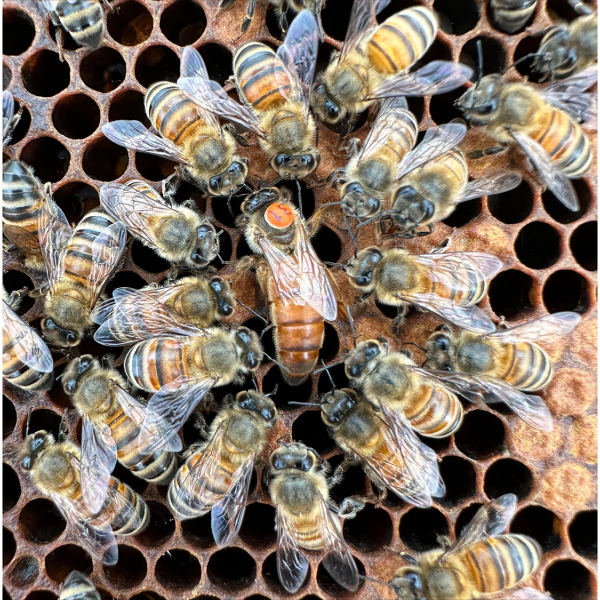
Jun 20, 2025
How a genetic tug-of-war decides the fate of a honey bee
Despite having identical genetic instructions, female honey bee larvae can develop into either long-lived reproductive queens or short-lived sterile workers who help rear their sisters rather than laying their own eggs. Now, an interdisciplinary team led by researchers at Penn State has uncovered the molecular mechanisms that control how the conflict between genes inherited from the father and the mother determine the larva’s fate.
Full Article
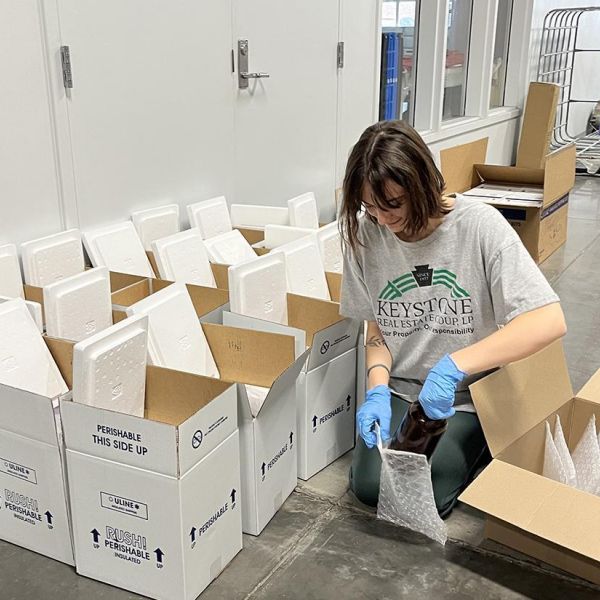
Jun 16, 2025
‘Forever chemicals’ detected in 65% of sampled private wells in Pennsylvania
Researchers find 18% of sampled wells have PFAS levels beyond drinking water standards; compounds detected most often, and in the highest concentrations, in wells in the southeastern part of the state.
Full Article

Jun 16, 2025
Eight Penn State research commercialization projects awarded GAP funding
Eight research projects have been selected for support from the Penn State Commercialization GAP Fund. The GAP Fund is a competitive internal program designed to help promising technologies bridge the gap between academic research and industry adoption.
Full Article

Jun 13, 2025
Human microbiome pioneer to deliver World Microbiome Day lecture
The One Health Microbiome Center (OHMC) in the Huck Institutes of Life Sciences at Penn State will host Curtis Huttenhower, professor of computational biology and bioinformatics, for a special virtual lecture at 10 a.m. on June 27 in honor of World Microbiome Day.
Full Article